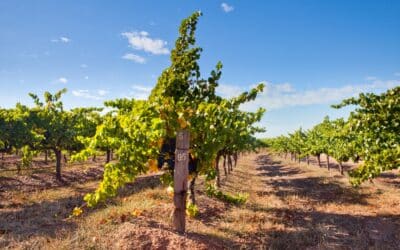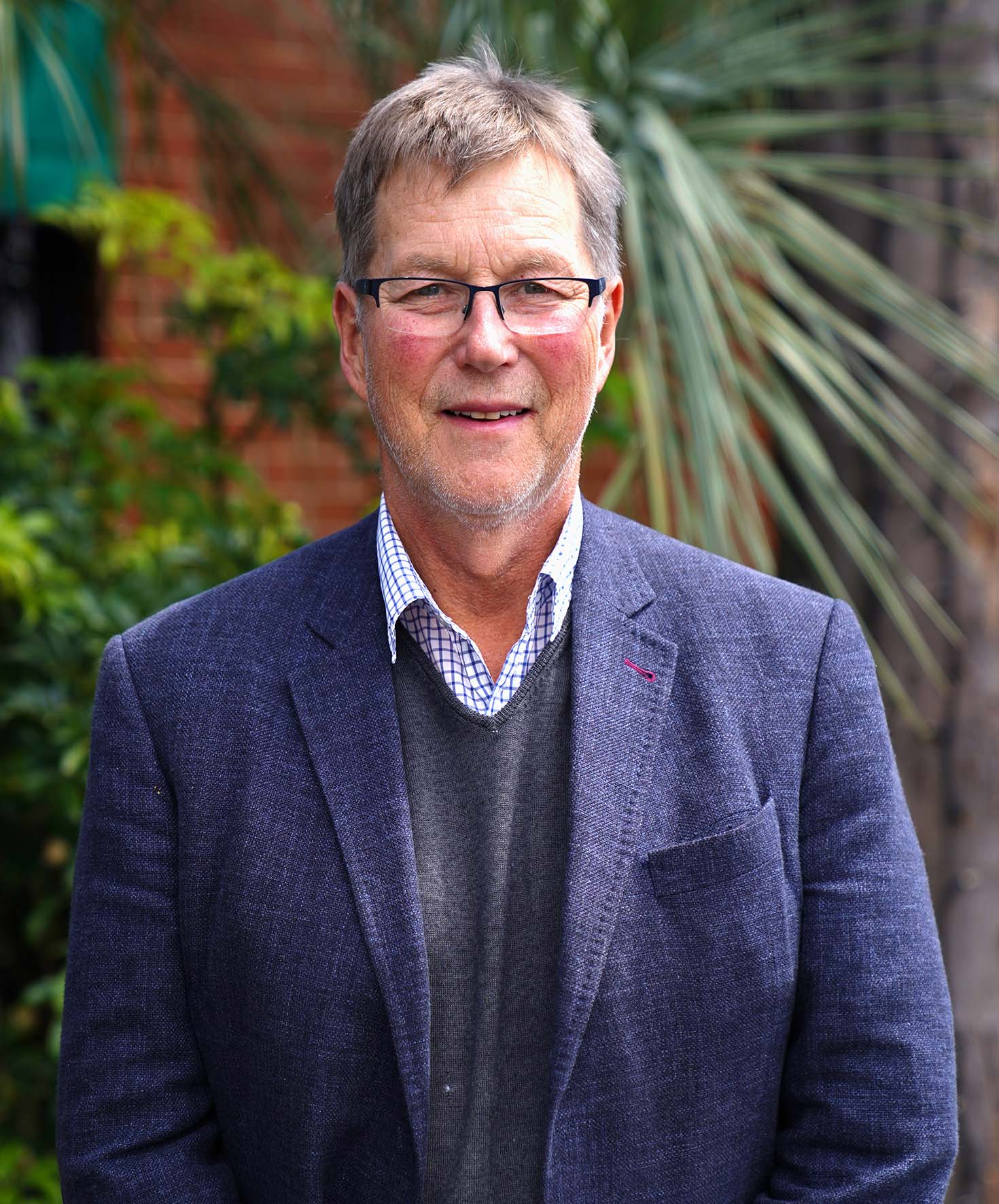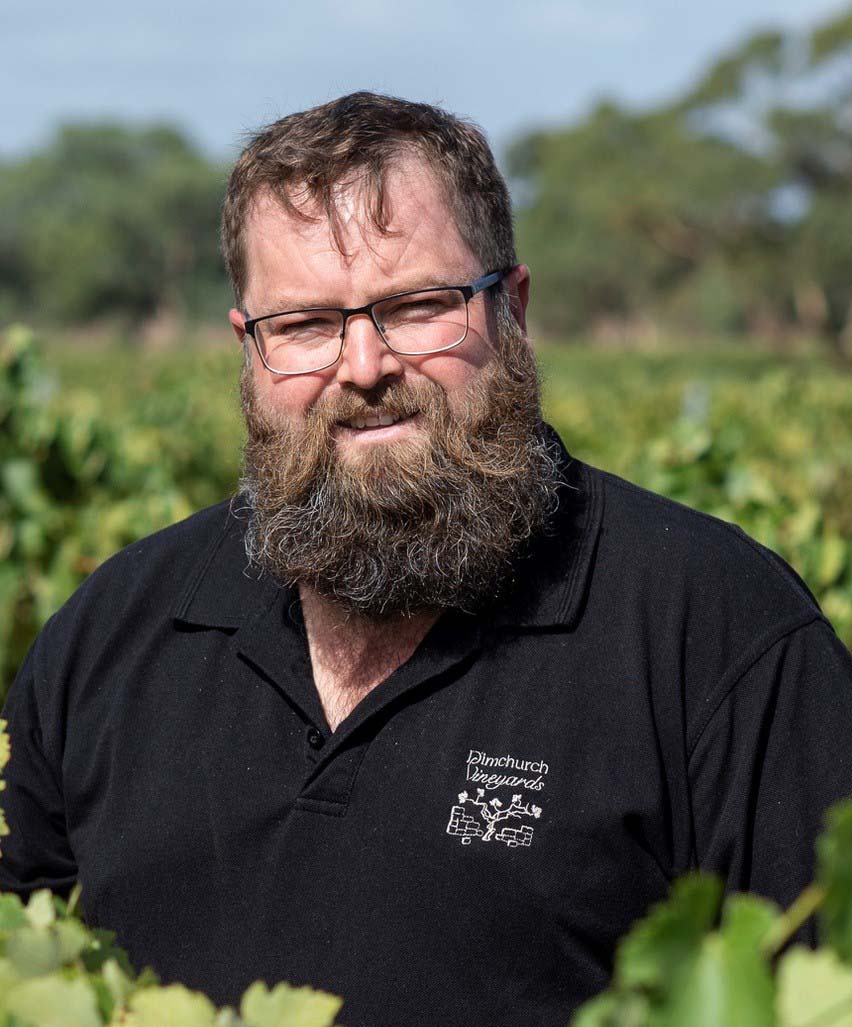Surging input costs, global supply chain issues, floods and an extended wet season meant another challenging year for South Australian farmers.
Looking at the positives, almost all sectors of primary industry were buoyed by the promise of a record season coming into play, and this was particularly important because producers were also faced with a massive rise in input and energy costs.
The Malinauskas government went to the election with a commitment to rural and regional South Australia, which was very much welcomed.
A change that came about through Covid was an increased interest from urban dwellers in living in country areas, and that trend continues. Covid also stimulated interest in food supply chains and where our food comes from.
But the challenges came at us from every direction this year.
Labour shortages in regional South Australia meant a catch 22 for many horticultural producers – bumper crops but a lack of labour to pick them. And a lack of regional accommodation has made this worse.
Livestock producers faced challenges with the looming threat of exotic diseases and the need for increased vigilance of our national biosecurity; in turn focussing the need for improved traceability systems. And a poor hay finishing season and the huge demand coming from the eastern states will see the cost of quality hay rise.
The wet season also meant some farmers and growers were not able to get onto their paddocks/vineyards to manage disease effectively, and some have struggled to reap their bumper crops, it has been so wet underfoot. Control of summer weeds will demand attention.
The upside however is that going into 2023, the soil profile is full of moisture, so conditions should set us up for another good season. Strong commodity prices will be crucial as challenges along the supply chain, coupled with high input and energy costs, seem likely to continue.
As Australia’s most significant population of land managers, farmers live and breathe climate variability year-in and year-out, so it’s crucial that research and development continues to help drive improved management systems that enable farmers to better cope with increasing climate challenges.
My hope for 2023 is that government policies and terms of trade better reflect the true cost of food production and help with returns provided to producers at the farm gate.
A key factor in achieving this is an improved relationship between China and Australia. This is so important to overcome trade constraints for many industries so it’s very promising that Prime Minister Albanese meet with Chinese President Xi Jinping in November to commence this process. We can but hope also for an easing in 2023 of some of the broader global supply chain challenges.
Closer to home, competition policy will be key. Other barriers to success include working with infrastructure that is no longer fit for purpose; issues exacerbated in many regions this year by climatic assaults on roads and transport routes.
With the emotional roller coaster of 2022 likely to continue into 2023, it is timely to recommit to looking after your mental health. Take the time to check in on each other – we are all important in our own right, and sometimes it helps to remind each other of this.
This year has again reinforced the fact that primary industry is at the core of the South Australian economy. It underpins our Tourism, Food and Wine sectors and it’s what gives the government the capacity to invest in other areas like health, education and events. And that’s a message I will continue to reinforce throughout the coming year!
This column was written by PPSA Chair Professor Simon Maddocks and first appeared in the January 5, 2023 edition of the Stock Journal.



















